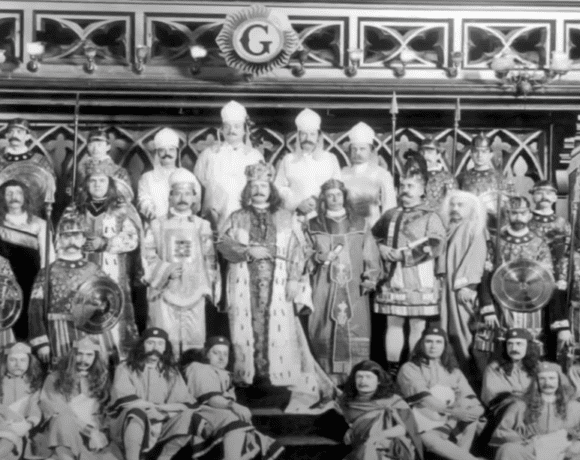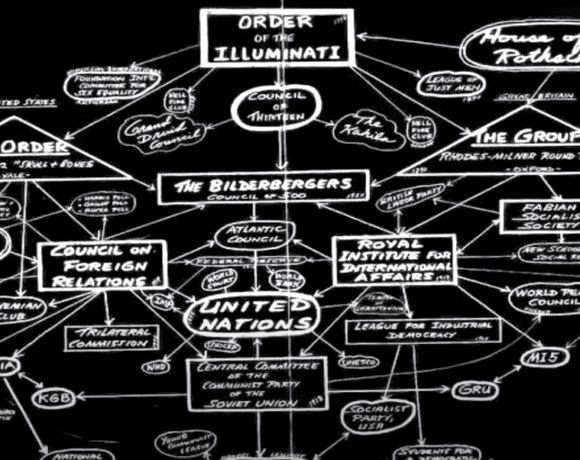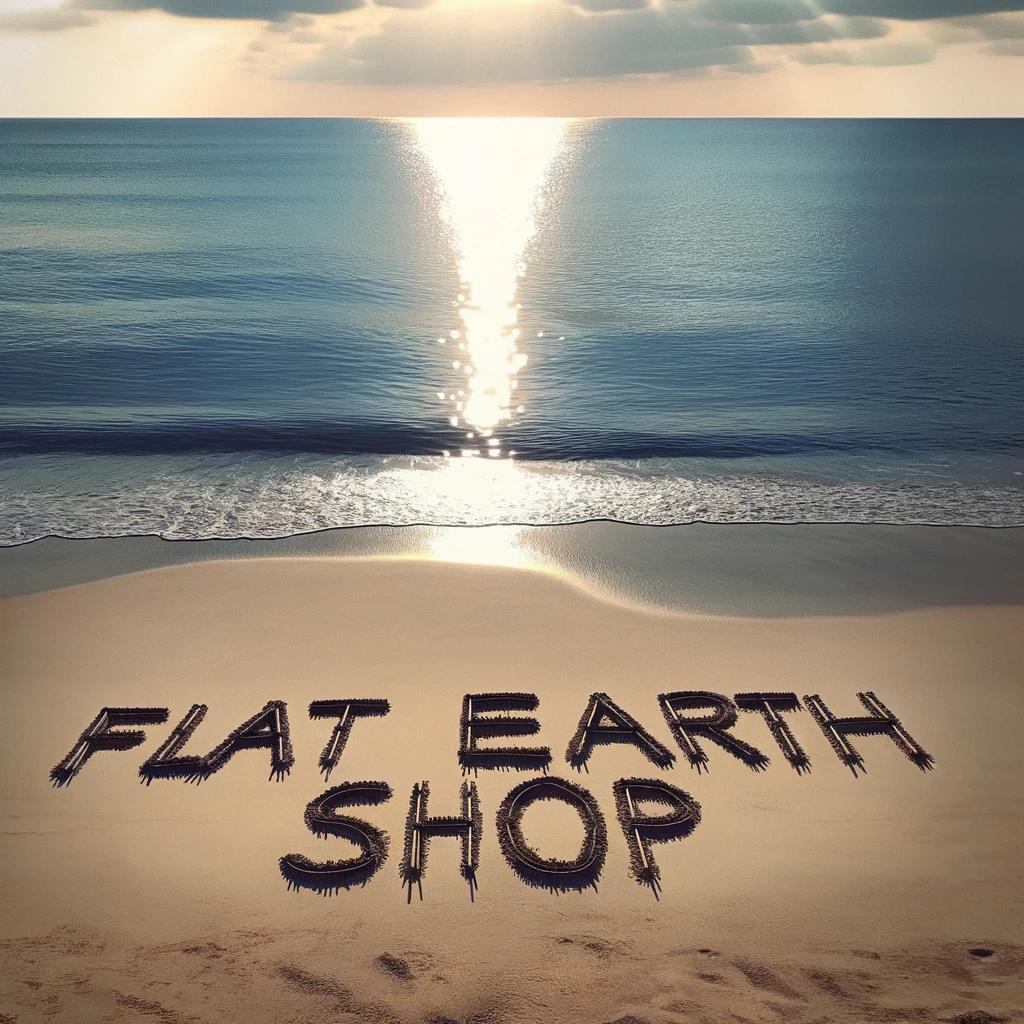The Council on Foreign Relations: A Deceptive Image
The Council on Foreign Relations (CFR) is a private organization that has managed to maintain an air of legitimacy and officialdom. It publishes a magazine called Foreign Affairs, which contributes to its facade as an authoritative institution. However, beneath the surface, the CFR operates more like a secret society with a hidden agenda.
Admiral Chester Ward’s Revelations
Admiral Chester Ward, a U.S. Judge Advocate General of the Navy and CFR member for 16 years, exposed the organization’s true purpose. In his book, “Kissinger on the Couch,” Ward claimed that the CFR’s goal was to promote disarmament and dissolve U.S. sovereignty and national independence, ultimately forming a one-world government.
The CFR’s Objectives: Harper’s Magazine Sheds Light
In July 1958, Harper’s Magazine published an article discussing the powerful cliques within the CFR. These groups shared a common objective: to surrender U.S. sovereignty and dissolve national boundaries, ostensibly to increase business opportunities and ensure world peace. However, the article argued that these efforts would inevitably lead to dictatorship and the erosion of individual freedoms.
Notable Members of the CFR
The CFR’s membership roster reads like a who’s who of influential Americans. This includes past, present, and future presidents, secretaries of state and defense, ambassadors, senators, congressmen, judges, Federal Reserve System presidents and chairmen, bankers, military leaders, media owners and personalities, lobbyists, lawyers, corporate executives, think tank executives, and university presidents. Some notable members are George Bush, Bill Clinton, Hillary Clinton, Jimmy Carter, Gerald Ford, Richard Nixon, John F. Kennedy, Dwight Eisenhower, Herbert Hoover, and Barack Obama, among many others.
The CFR’s Influence on American Foreign Policy
With such a prestigious membership, it’s no surprise that the CFR has a significant impact on American foreign policy. The organization’s members have been involved in shaping policy decisions, driving international relations, and even determining the course of wars. This powerful group has operated largely in secret, with its true intentions and objectives remaining hidden from the public.
A Secret Society Controlling U.S. Foreign Policy: The Danger
The CFR’s clandestine nature and its members’ shared objectives pose a significant threat to U.S. sovereignty and individual freedoms. By operating under the guise of a legitimate organization, the CFR has managed to wield immense influence over American foreign policy without public scrutiny. This lack of transparency and accountability puts the United States at risk of losing its sovereignty and independence to a powerful, unelected group of elites.
Conclusion: Protecting American Sovereignty by Exposing the Council on Foreign Relations
It is crucial to expose the Council on Foreign Relations and its true objectives to protect U.S. sovereignty and individual freedoms. By shedding light on this secretive organization, we can work towards greater transparency and accountability in American foreign policy, ensuring that the interests of the people remain at the forefront of decision-making. In doing so, we can help prevent the erosion of our nation’s independence and maintain a focus on the values that make America unique.


















